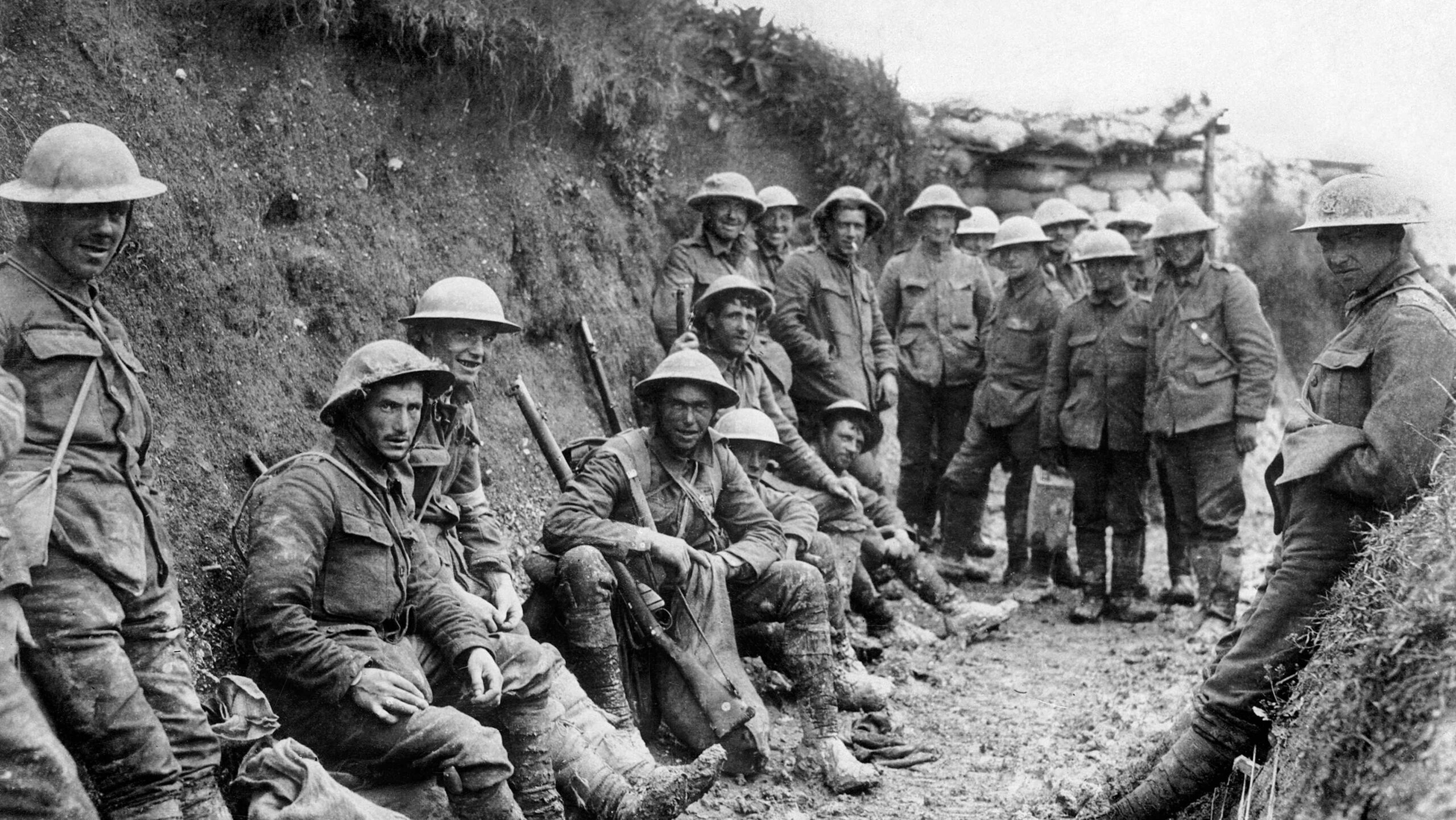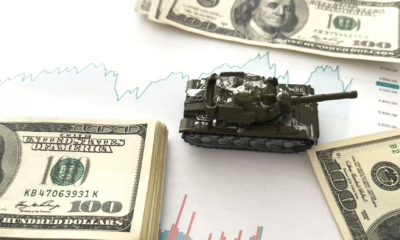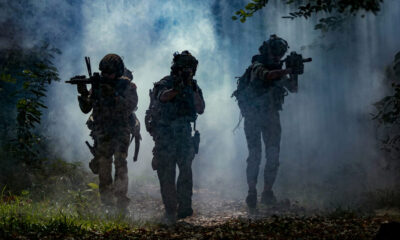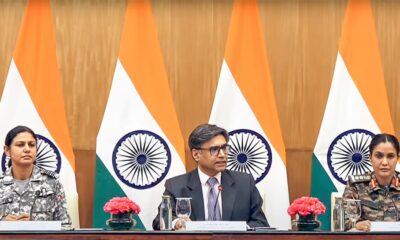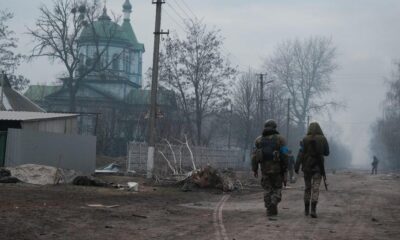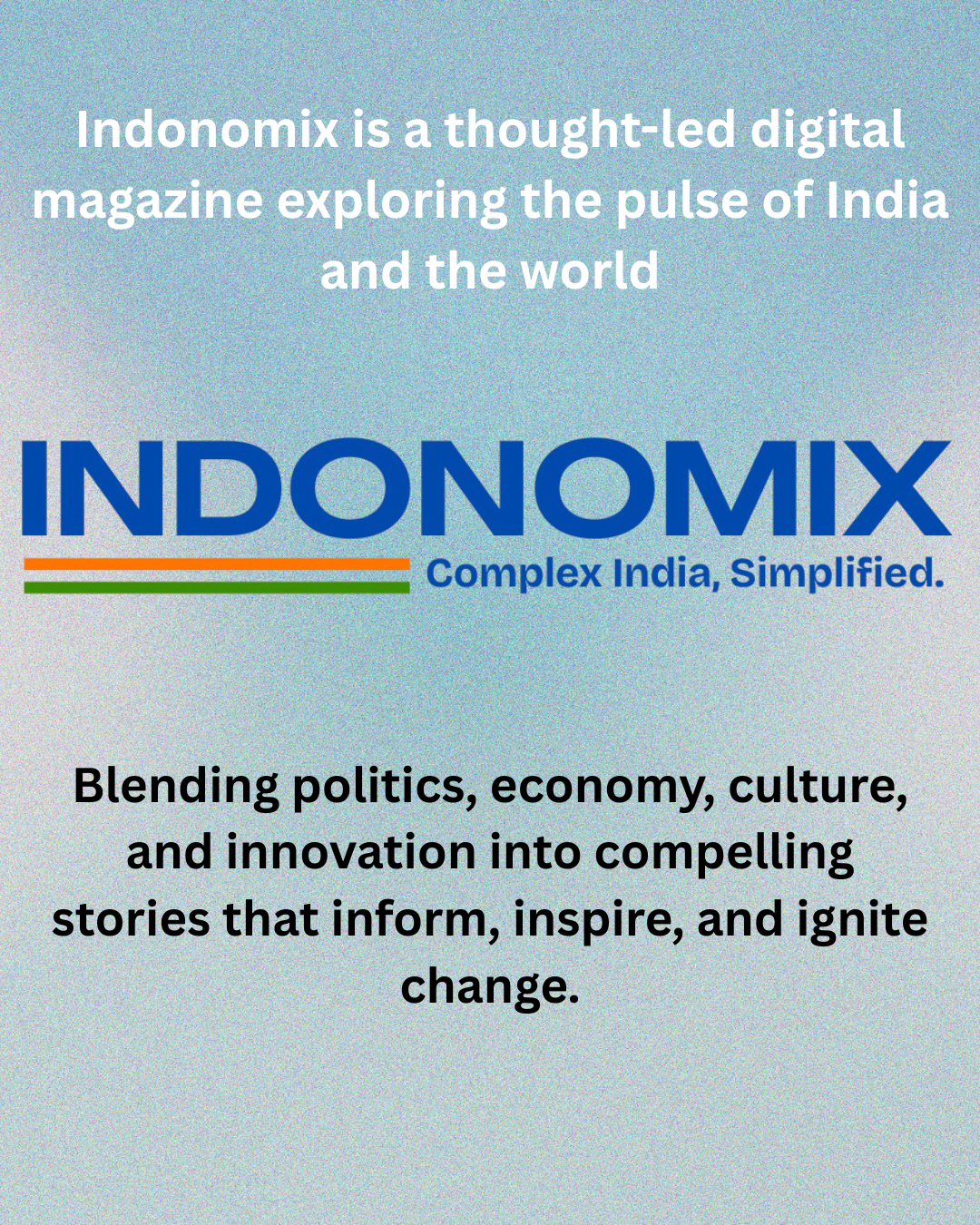“Only the dead have seen the end of war.”
— George Santayana
Look around. The world may not be on fire in the way it was during the two World Wars, but don’t be fooled by the calm. The battlefield has shifted — not disappeared. Today’s wars are often silent, digital, internal. They rage on screens, in algorithms, in identities, in forgotten valleys and crowded city lanes. A cyberattack, a fake video, a border clash, a street lynching — all of these are modern eruptions of age-old instincts.
This is the starting point of this series: “The War Within Us.” A seven-part journey into the heart of conflict — how it begins, why it endures, how it mutates, and whether peace is anything more than a beautiful illusion.
Because let’s face it. We live in a world where we can talk to someone across the globe instantly, but we still can’t talk to our neighbor if they worship differently. We can launch rockets to Mars, but we struggle to prevent riots over WhatsApp forwards. We’ve evolved — and yet, war stays with us.
Why this series? Why now?
Everywhere you look, conflict is simmering. In the headlines, yes — Ukraine, Gaza, Taiwan, Sudan and now our very own Indo-Pak never-ending tension. But also in less obvious places: classrooms, election rallies, social media timelines, newsrooms. The wars of today aren’t always fought with bombs. They’re fought with narratives, with disinformation, with identity politics, and often — with silence.
So the question isn’t just why do we fight each other? The real question is: Why do we keep coming back to war — in every generation, every continent, every ideology?
This series won’t claim to have all the answers. But it will ask the right questions. And maybe that’s where understanding — and change — begins.
What to expect in this 7-part series
We’ll begin at the beginning — long before tanks and treaties. From tribal raids over food to empires that killed for gold, religion, or glory. We’ll visit ancient battlefields and modern killing fields. Was war always a part of who we are? Or is it something we learned and can unlearn?
This piece will break down the “why.” Why do nations invade? Why do mobs turn violent? From power and land to fear and injustice, we’ll explore the driving forces — and how those reasons have evolved with time.
Here, we’ll get into the engine room of war. Not the bullets, but what fuels them: propaganda, supply chains, media narratives, morale, misinformation. Why do some tensions resolve and others spiral into bloodshed?
We follow the money. Who profits from bloodshed? What does the military-industrial complex look like today? Why is peace often bad for business? And who’s really bankrolling modern conflict?
5. Religion, Race, and Identity: The Emotional Fuel of Conflict
We’ll examine how wars are often waged not over resources but over symbols—faith, ethnicity, nationalism. Why do we kill for belief? Why are identity-based conflicts so emotionally potent—and so hard to resolve?
6. The Psychology of Violence: How We Justify the Unthinkable
Why do otherwise “normal” people commit atrocities during war? What flips the human mind from empathy to cruelty? We’ll explore the dark corners of groupthink, obedience, fear, and the emotional disconnection that makes violence possible.
7. Can We Unlearn War?
In the final part, we look ahead. Is conflict inevitable — or can peace be engineered? What lessons from history, psychology, and diplomacy can help us move beyond endless wars? Is humanity evolving away from violence — or just finding new ways to wage it?
So, what’s this series really about?
At its core, this isn’t a series about tanks and treaties. It’s about us. Our fears, our rage, our tribalism, our silence. And maybe, just maybe, our capacity to change.
Because war doesn’t start when soldiers are deployed. It starts long before that — in classrooms, in TV studios, in WhatsApp groups, in what we teach our children, and what we fail to teach ourselves.
This series will explore the world’s outer battles and our inner ones. It’s a call to think. To question. To reflect. Not just on the world out there, but the war inside each of us — between fear and empathy, between rage and reason.
So let’s begin. Seven pieces. Seven windows. One mission: to understand why we fight — and whether we have the courage to stop.
By Shashi Singh
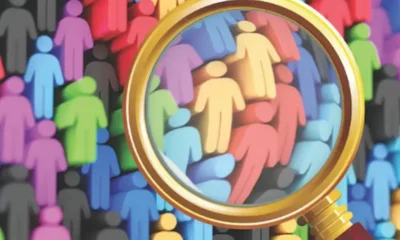
 Culture & Society3 weeks ago
Culture & Society3 weeks ago
 Culture & Society3 weeks ago
Culture & Society3 weeks ago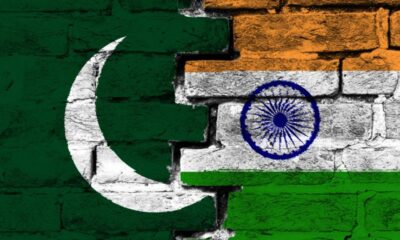
 Opinion3 weeks ago
Opinion3 weeks ago
 Business3 weeks ago
Business3 weeks ago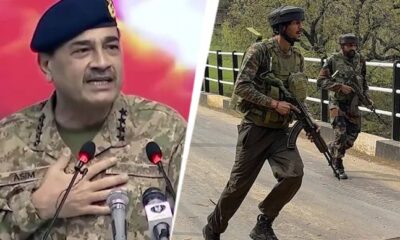
 iNational Indic4 weeks ago
iNational Indic4 weeks ago
 Tech3 weeks ago
Tech3 weeks ago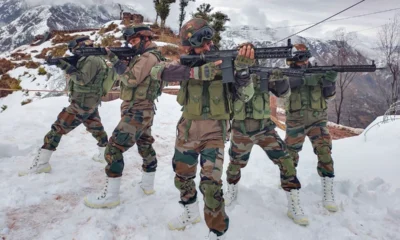
 Culture & Society4 weeks ago
Culture & Society4 weeks ago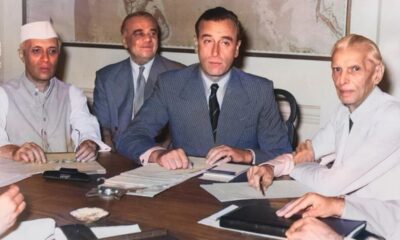
 Culture & Society3 weeks ago
Culture & Society3 weeks ago
